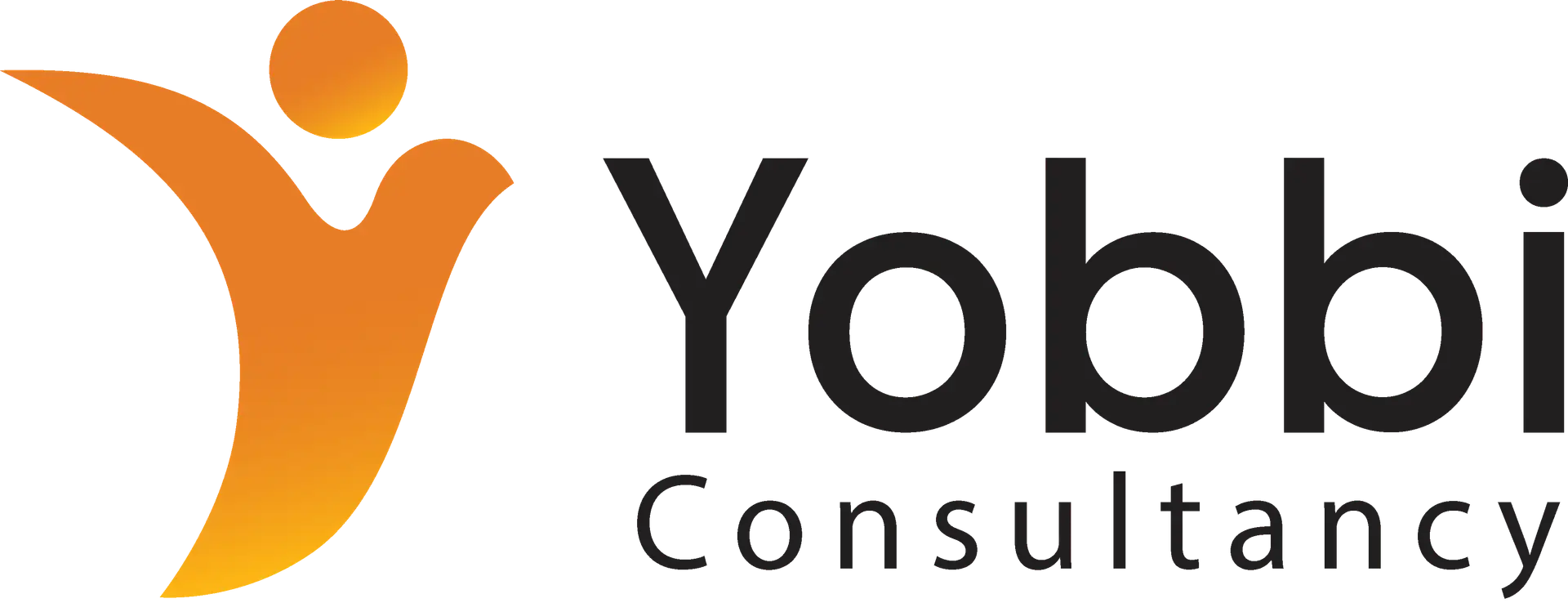Essential Financial Reporting Guidelines for Businesses in Singapore
Inside this Article
Singapore’s reputation for high-quality financial reporting has earned it a position as a global leader in business transparency. Ranked 5th in the 2023 Corruption Perceptions Index, the country sets an exemplary standard that supports not only regulatory compliance but also business growth, innovation, and access to international capital markets.
At the heart of Singapore’s financial success is its robust framework: the Singapore Financial Reporting Standards (SFRS). These standards align closely with the International Financial Reporting Standards (IFRS), ensuring local businesses maintain the highest level of transparency and consistency in their financial practices. This post delves into the financial reporting guidelines that every business in Singapore must follow, how these rules shape business success, and the advantages of adhering to these globally recognized standards.

The Foundation of Singapore’s Financial Reporting Standards (SFRS)
Singapore’s financial reporting standards are built on a clear and structured regulatory framework, designed to ensure that businesses are transparent, accountable, and prepared for international engagement. These standards are overseen by the Accounting Standards Council (ASC), which sets out the reporting guidelines for all companies in the country.
The Singapore Financial Reporting Standards (SFRS) form the backbone of the regulatory framework, introduced in 2003. Since then, all companies operating in Singapore—whether local or foreign subsidiaries—must follow these guidelines. The alignment with IFRS ensures that businesses are on par with global standards, making their financial reports easily understandable to international investors.
For smaller enterprises, the SFRS for Small Entities provides a simplified reporting framework, reducing the burden on businesses while maintaining high standards. For growing companies, this option can cut financial statement preparation time by up to 25%.
The Accounting and Corporate Regulatory Authority (ACRA) plays a key role in monitoring compliance through its Financial Reporting Surveillance Programme, which regularly reviews financial statements to identify discrepancies and ensure companies maintain high reporting standards. This proactive approach has helped Singapore maintain its high reputation for business transparency.
Key Financial Reports in Singapore
In Singapore, businesses are required to prepare and submit financial reports that comply with SFRS standards. The five core financial documents required by ACRA are:
1: Balance Sheet
This critical document outlines a company’s financial position by listing assets, liabilities, and shareholders’ equity. It gives an in-depth look at a company’s resource allocation and its obligations.
2: Income Statement (Profit and Loss Statement)
The income statement provides a detailed view of a company’s revenues, expenses, and net income over a specific period. It reveals how well a company is generating profit from its core activities and its overall financial health.
3: Cash Flow Statement
This statement tracks the movement of cash in and out of the company, categorizing cash flows into operating, investing, and financing activities. It is an essential tool for understanding a business’s liquidity.
4: Statement of Changes in Equity
This document reflects changes in equity over time, detailing aspects such as capital injection, profit distribution, and reserve allocation. It provides insight into the company’s capital structure.
5: Supplementary Disclosures
These notes provide further context to the financial statements, including explanations for accounting policies, significant transactions, and assessments of financial risks. This ensures full transparency.
Each of these reports is integral to Singapore’s financial reporting framework, allowing businesses to showcase their financial health and build trust with investors, regulators, and stakeholders.
Business Advantages Beyond Regulatory Compliance
While meeting SFRS standards is mandatory, the benefits of maintaining strong financial reporting practices extend far beyond simple compliance. The advantages of adhering to Singapore’s financial reporting standards include:
Increased Operational Efficiency
Standardized reporting practices enable businesses to reduce time spent on preparing financial statements, freeing up valuable resources for strategic decision-making.
Cost Control
Clear financial reporting helps businesses manage costs effectively by improving resource allocation, tax planning, and vendor management, ultimately enhancing profitability.
Better Strategic Decision-Making
Comprehensive financial statements empower management teams to make data-driven decisions regarding market opportunities, capital allocation, and risk management.
Stronger Investor Relations
Transparent and consistent reporting strengthens the trust of investors, creating more opportunities for financing and collaboration.
Improved Access to Capital
High-quality financial reports enhance a company’s ability to secure bank loans, private equity investments, and public listings, making it easier to access capital markets.
These advantages help businesses grow sustainably, build strong relationships with stakeholders, and position themselves for long-term success.
The Role of Digital Transformation in Financial Reporting
Technology is transforming financial reporting in Singapore. Modern tools and software are reducing human error, increasing efficiency, and ensuring compliance with the latest regulations. Businesses that adopt digital accounting solutions report significant reductions in accounting errors—up to 35%—showing that investing in technology can drive substantial operational improvements.
Benefits of Digital Tools in Financial Reporting:
Improved Accuracy: Automated systems ensure data validation, error detection, and compliance checks are built into every step of the process.
Streamlined Processes: Automation reduces manual entry, speeding up report generation and filing, and improving overall efficiency.
Enhanced Analytics: Digital tools offer advanced analytics, helping businesses identify trends, assess performance, and forecast financial outcomes.
Increased Control: Digital systems provide better oversight through data security, version control, and real-time tracking of changes, ensuring that financial data is protected and compliant.
Maximizing the Value of Professional Support
Navigating Singapore’s complex financial reporting requirements can be challenging, especially for SMEs without dedicated financial reporting teams. Outsourcing these functions to professional services providers can save time, reduce operational costs, and ensure ongoing compliance with regulatory standards.
Businesses that partner with experts can benefit from a wealth of knowledge regarding local regulations and changes to financial reporting standards. Additionally, professional providers ensure companies stay ahead of regulatory updates, optimizing reporting processes and supporting strategic growth.
Conclusion:
Adhering to Singapore’s high standards for financial reporting does more than just fulfill regulatory requirements—it offers businesses the opportunity to build transparency, operational efficiency, and long-term value. By embracing these standards and leveraging modern technology, businesses can unlock greater potential for growth, access new capital sources, and foster stronger relationships with stakeholders.
For companies looking to ensure that their financial reporting is up to par, partnering with a trusted corporate service provider like Yobbi Consultancy can provide the expertise and support needed to navigate Singapore’s regulatory landscape and optimize business success.
Contact us today to learn more about how we can help streamline your financial reporting processes and maximize the value of your business in Singapore.
Discover How Our Expert Finance Team Can Help!
how can we help you?
Contact us at the Consulting WP office nearest to you or submit a business inquiry online.
